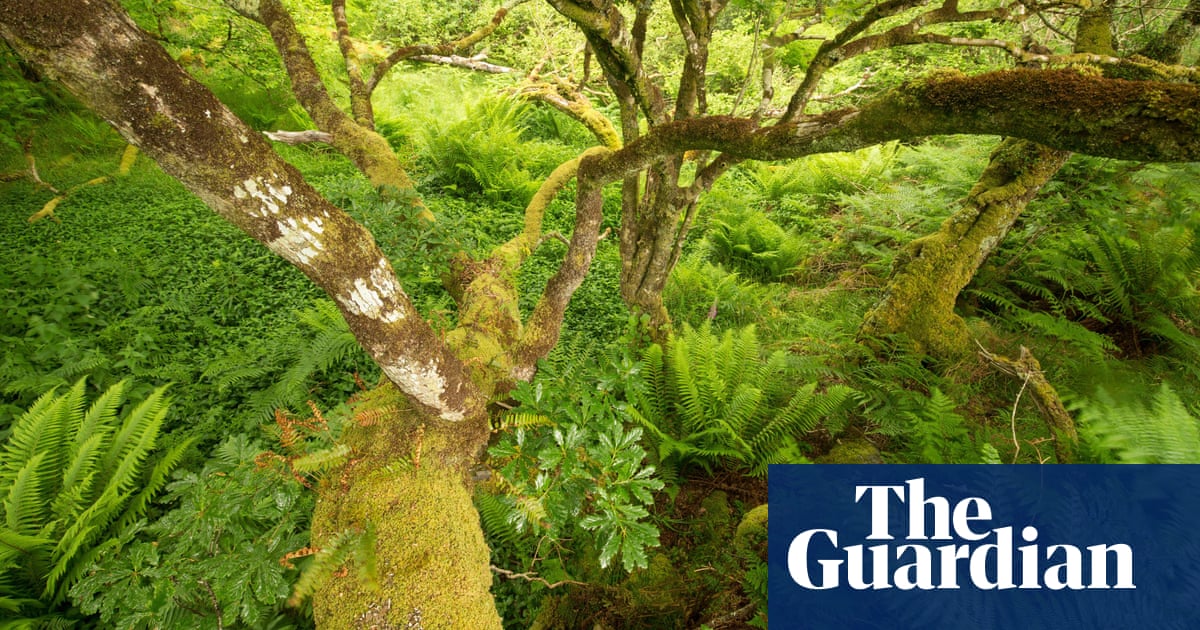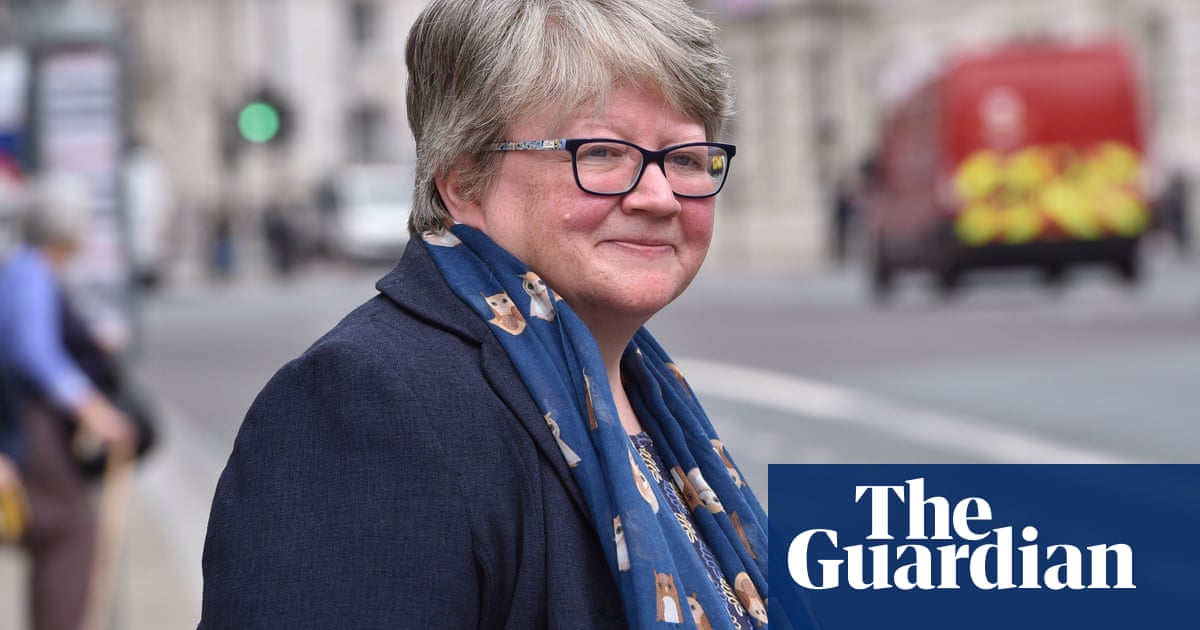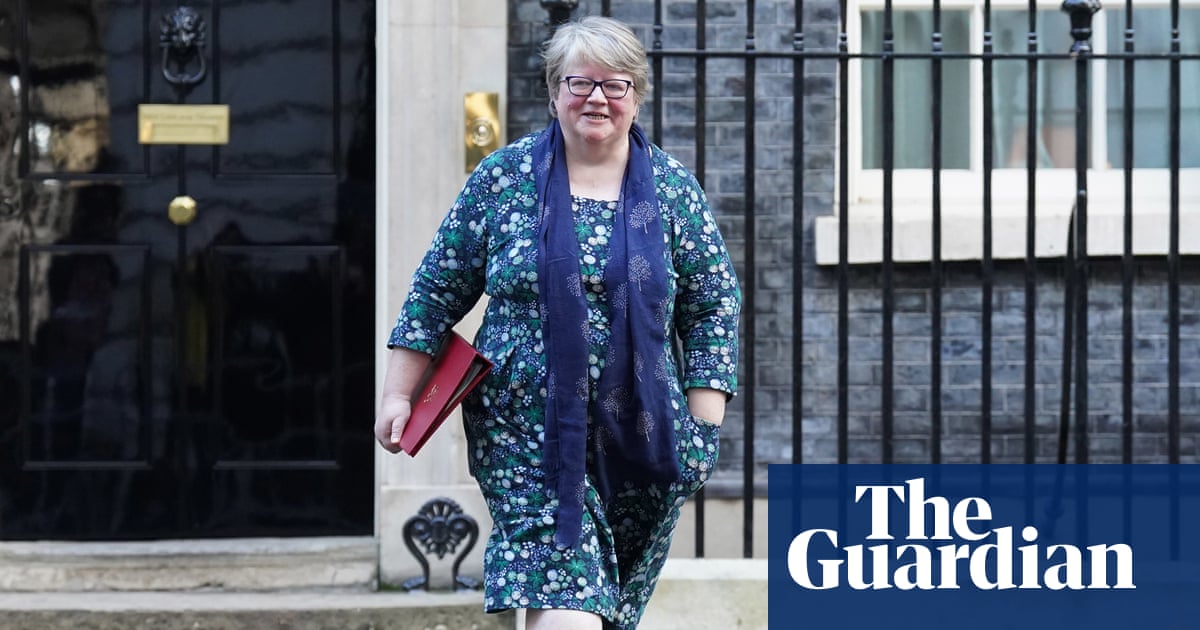
The financial sector must be encouraged to invest in nature conservation for the world to meet this decade’s UN biodiversity targets, the UK environment secretary has said.
Thérèse Coffey, speaking at an event at Lancaster House in London to mobilise private finance after Cop15, said the private sector had a critical role to play in meeting this decade’s deal to halt the destruction of Earth’s ecosystems.
The agreement includes a target to scale global funding for nature to $200bn (£167bn) a year by the end of the decade, with companies and financial institutions expected to play a significant part.
Environment ministers, philanthropic organisations and Indigenous leaders met alongside chief executives and representatives of financial institutions at the event hosted by the UK government on Friday to discuss the next steps after the Cop15 biodiversity agreement. It was followed by a reception at Buckingham Palace with King Charles.
Companies and investors are being urged to do more to meet biodiversity and climate goals, as a failure to do so has been highlighted by the World Economic Forum as a rising threat to global prosperity.
“The framework is global. We will play our role [mobilising finance] but it’s critical that it’s not always the usual players. It’s critical that we get businesses and financiers to be a key element of this, partly because a lot of nature-based solutions will meet biodiversity targets, as well as reduce emissions,” Coffey said.
The environment secretary said the private sector and conservationists were meeting at an early stage to help avoid some of the pitfalls of carbon markets and make sure business action on nature was meaningful.
The insurance company Aviva recently donated £38m to conservation projects to help restore Britain’s temperate rainforests, a key focus of environmental campaigners in recent years, which they say could be revived over a fifth of the island.
After the agreement, Coffey said the UK would focus on improving the health of its protected areas, many of which were considered “paper parks” by conservationists. The Kunming-Montreal Cop15 agreement, reached in Canada last December, includes a high-profile target to protect 30% of land and sea.
“There’s already a substantial amount of protected land [in the UK]. What I’m conscious about is that a lot of that is not in the state it should be. That’s why I’m very keen for, not only Defra [the Department for Environment, Food and Rural Affairs], but bodies like Natural England and the Environment Agency to have a real focus on how we improve, for example, the state of the sites of special scientific interest,” said Coffey. “The other aspect we are thinking through is farming payments. Again, there’s some targeting to be done to target some of our most nature-depleted areas.”
She did not say whether the government would introduce legislation to make nature disclosures mandatory for business, which was one of the targets in the Cop15 agreement.
France’s environment minister, Christophe Béchu, said domestic changes to funding for nature should be a key focus after the agreement, especially repurposing some of the $1.8tn of annual subsidies that are harmful to the environment.
“For biodiversity, each country can stop a lot of extinctions of species in their own countries. That’s why when it comes to money, there’s a big emphasis on domestic finance for conservation. In every country in the world, the first priority is to redirect harmful subsidies … in China, the US, in France, everywhere, there are subsidies for oil or pesticides that can be repurposed,” he said.











